Getting Serious About Hiring: How to Move Beyond “Shopping”
Here’s a true story from our archives. Consider a first-time CEO who needed to hire a VP of sales. He wanted to take charge of the hiring process — then we learned he was preparing by Googling “How to interview VPs of sales.”
As a recruiter, we see too many companies jump into interviewing candidates before they know what they want. They go into “shopping” mode, thinking: “I’ll know the right hire when I meet her.” This is a dangerous myth. Meeting 10 qualified people won’t clarify anything. In fact, it confuses the issue. Research has shown that unstructured interviews are poor predictors of job performance. Plus, candidates can tell that the hiring team has no idea what they’re looking for. They walk away from interviews feeling like their time was wasted. Companies need to realize every single interaction with a candidate is a branding experience, either positive or negative.
Here are four signs that a company isn’t ready to hire — and four things companies should do to switch out of shopping and into hiring mode:
1. An unrealistic job description.
If the job description is an everything-under-the-sun wish list, the company doesn’t know what it wants. Job descriptions that require years of experience and still expect grunt work also signal a lack of clarity. If a company’s hiring a CFO, they shouldn’t expect that person to run payroll. Likewise, most VPs of engineering aren’t coding.
Step one for hiring managers should be gaining internal clarity. What pain points should this hire solve? What projects are stuck on the backburner until you fill this role? Those two questions will take you a long way towards writing an effective job description.
2. An unfocused interview.
If an interview feels broad but not deep, that signals an interviewer in shopping mode. If, as a job candidate, you find yourself in an interview like this with a company you’re passionate about, guide the conversation towards what you can do for them. If you’re not passionate about the company, you may want to gracefully withdraw from the process.
Hiring managers should ask for help before interviewing for senior roles if they need it. Remember that CEO who Googled “How to interview sales VPs”? We connected him with an EVP of sales who wasn’t looking for work himself but was willing to help out. They spent 90 minutes on the phone, after which the CEO invited the EVP to get involved in the interviewing process. He did and ultimately joined the company’s board. A simple favor resulted in a mutually beneficial partnership.
Both recruiters and board members can help you connect with experts in the function for which you’re hiring. They’ll talk you through what you should be looking for and prepare you to run efficient interviews. People are often flattered to be asked for help. Don’t be afraid to call in favors and work your network, too. There’s no shame in getting help when you’ve never done something before. You’ll get much better results from an expert than you will from Google.
3. An unhealthy emphasis on cultural fit.
Interviewers in shopping mode fall back on “cultural fit,” which we’ll explore more in the next section. They’re not sure what they need, so they look for someone they can get a beer with after work.
Sophisticated companies are beginning to see “cultural fit” as a dirty phrase. Too often it’s code for “this person doesn’t look, act or feel like me, therefore they must not be qualified.” It justifies unconscious bias in hiring and leads to less diverse teams. Over-emphasizing cultural fit in an interview can also be a sign of an insular team. Job candidates should think carefully about whether they want to be a company’s first outsider.
Again, hiring managers must know exactly what questions to ask. Once your advising experts understand your company’s life stage and needs, ask them: how do I distinguish between an A-minus and an A-plus candidate for this position?
For example, an A-minus CFO keeps a startup’s finances in order but has a “back-office personality.” An A-plus CFO can hold their own with the board or analysts and partner with the CEO on a roadshow. An A-minus senior engineer gets the product shipped on time. An A-plus candidate engenders loyalty and often comes with a team of developers attached. An A-minus VP of sales has racked up more wins than losses, but an A-plus candidate helps you see around corners. If you’re at $10MM in revenue today and headed to $50MM, you want a VP of sales who’s scaled multiple companies to that level with consistent success. Fine-tuning these distinctions will help your interviews stay focused.
4. Too focused on marquee names on your resume.
If an interviewer seems overly interested, hiring managers should focus less on fancy brands and more on applicable skills for the role. Don’t get bowled over by pedigrees. Google, Apple, et cetera, were once startups but now are massive public companies. Hiring an ex-Googler does not guarantee quality and might not deliver the skillset your startup needs.
How do you know when you’re truly ready to hire? Simple. When you can articulate to others why you need this person, what exactly you want them to do and what kind of background you’re looking for — all with elevator pitch-level concision. If you gain alignment within the team on that, you’re ready to roll.


